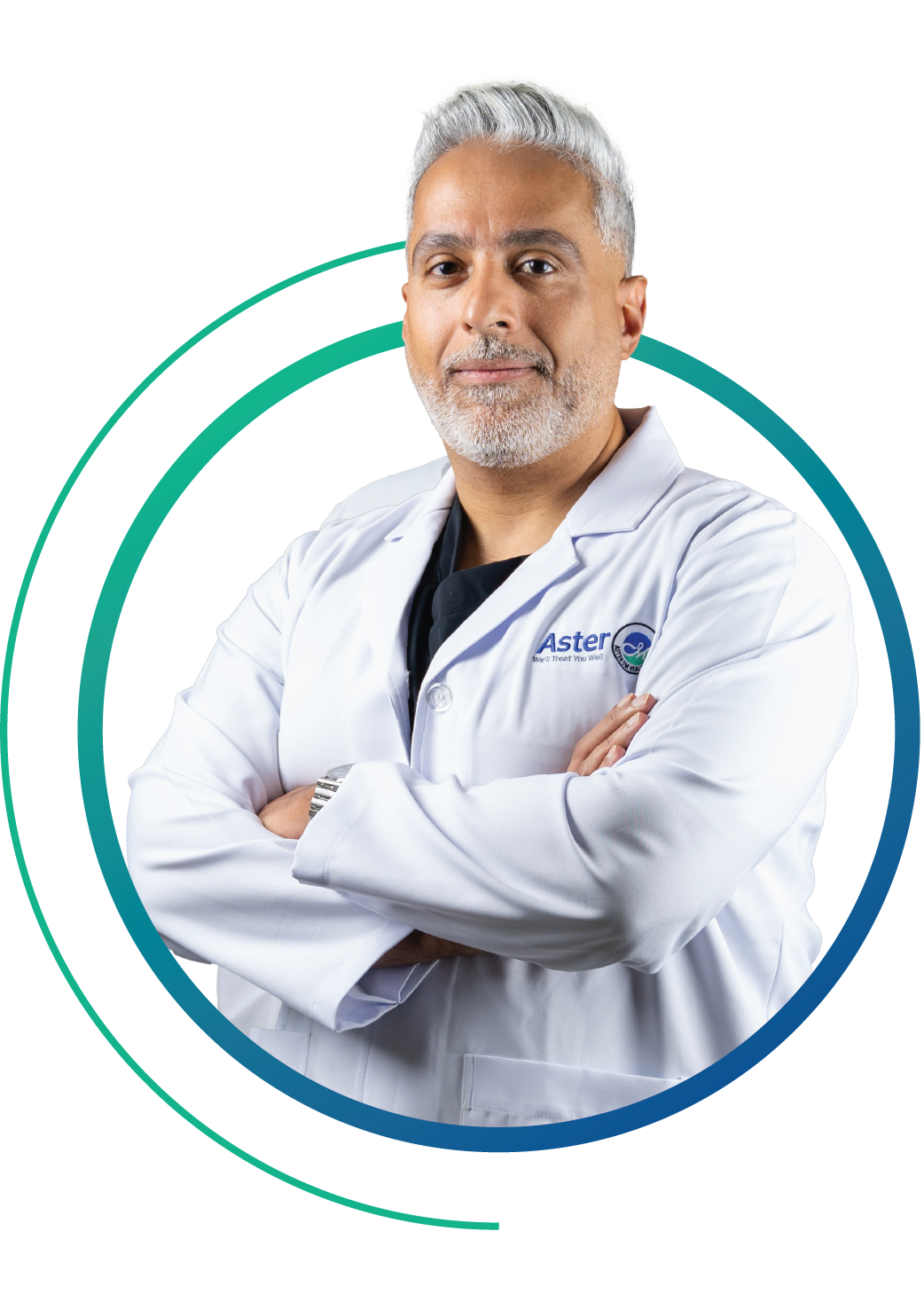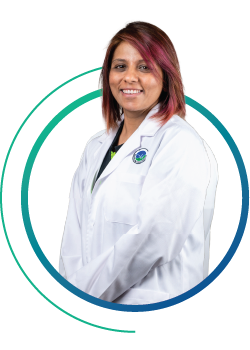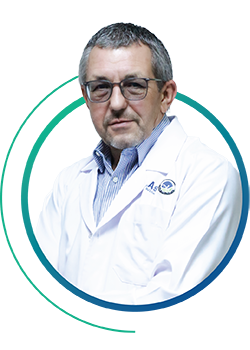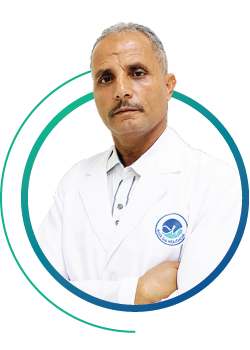Overview
Our Gastroenterology Department is dedicated to the comprehensive care of digestive health, focusing on the diagnosis, treatment, and management of conditions affecting the gastrointestinal tract, liver, and pancreas. Led by expert gastroenterologists and supported by a skilled team of specialists and nurses, we provide advanced medical care tailored to each patient’s needs. Our services range from routine screenings and diagnostic procedures, such as colonoscopies and endoscopies, to specialized treatments for complex digestive disorders like Crohn’s disease, ulcerative colitis, and liver cirrhosis. We emphasize a patient-centered approach, ensuring compassionate care and effective communication throughout the treatment journey. With state-of-the-art facilities and cutting-edge technology, we strive to deliver the highest quality of care, promoting digestive wellness and improving the quality of life for our patients.
TREATMENTS & PROCEDURE

Comprehensive examination of the colon for detecting abnormalities and diagnosing colorectal conditions.
Colonoscopy involves inserting a flexible tube with a camera into the colon to identify polyps, tumors, or inflammation. It’s essential for colorectal cancer screening and can include biopsy or polyp removal during the procedure.
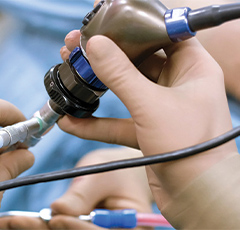
Examination of the upper gastrointestinal tract to diagnose and treat various digestive disorders.
This procedure uses a flexible tube with a camera to inspect the esophagus, stomach, and duodenum for ulcers, inflammation, or tumors. It facilitates biopsy, polyp removal, or the control of bleeding through therapeutic interventions.
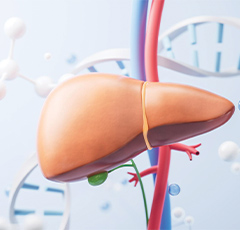
Procedure to obtain liver tissue for microscopic examination, aiding in the diagnosis of liver diseases.
A liver biopsy involves inserting a needle through the skin to collect a small sample of liver tissue. It helps diagnose conditions like hepatitis, cirrhosis, or fatty liver disease, guiding treatment decisions and assessing disease progression.
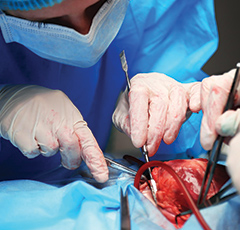
Combined procedure for diagnosing and treating disorders of the bile ducts and pancreas.
ERCP combines endoscopy and fluoroscopy to examine and treat problems like gallstones, bile duct strictures, or pancreatitis. It can remove stones, open blocked ducts, or place stents, offering both diagnostic insights and therapeutic interventions.
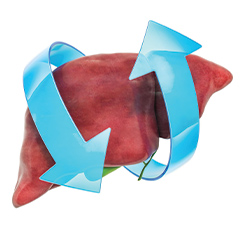
Complex procedure to replace a diseased liver with a healthy liver from a donor.
Liver transplantation is performed for patients with end-stage liver disease or acute liver failure. It involves surgical removal of the diseased liver and transplantation of a healthy liver from a deceased or living donor, offering a chance for improved quality of life and long-term survival.
Comprehensive examination of the colon for detecting abnormalities and diagnosing colorectal conditions.

Colonoscopy involves inserting a flexible tube with a camera into the colon to identify polyps, tumors, or inflammation. It’s essential for colorectal cancer screening and can include biopsy or polyp removal during the procedure.
Examination of the upper gastrointestinal tract to diagnose and treat various digestive disorders.

This procedure uses a flexible tube with a camera to inspect the esophagus, stomach, and duodenum for ulcers, inflammation, or tumors. It facilitates biopsy, polyp removal, or the control of bleeding through therapeutic interventions.
Procedure to obtain liver tissue for microscopic examination, aiding in the diagnosis of liver diseases.

A liver biopsy involves inserting a needle through the skin to collect a small sample of liver tissue. It helps diagnose conditions like hepatitis, cirrhosis, or fatty liver disease, guiding treatment decisions and assessing disease progression.
Combined procedure for diagnosing and treating disorders of the bile ducts and pancreas.

ERCP combines endoscopy and fluoroscopy to examine and treat problems like gallstones, bile duct strictures, or pancreatitis. It can remove stones, open blocked ducts, or place stents, offering both diagnostic insights and therapeutic interventions.
Complex procedure to replace a diseased liver with a healthy liver from a donor.

Liver transplantation is performed for patients with end-stage liver disease or acute liver failure. It involves surgical removal of the diseased liver and transplantation of a healthy liver from a deceased or living donor, offering a chance for improved quality of life and long-term survival.
Diseases treated
FAQs
Symptoms may include abdominal pain, bloating, diarrhea, constipation, nausea, vomiting, and rectal bleeding.
A colonoscopy examines the large intestine (colon and rectum), while an endoscopy examines the upper gastrointestinal tract (esophagus, stomach, and duodenum).
A balanced diet rich in fiber, fruits, vegetables, and lean proteins can promote digestive health. Specific conditions may require dietary modifications, such as gluten-free diets for celiac disease.
Liver biopsy helps diagnose liver conditions by examining tissue samples for inflammation, fibrosis, or cancerous changes, guiding treatment decisions and assessing disease progression.
Consult a gastroenterologist for persistent gastrointestinal symptoms, abnormal bowel habits, blood in stool, or family history of digestive diseases.
Preparation typically involves dietary restrictions, bowel cleansing with laxatives, and fasting before the procedure to ensure clear visualization.
Treatments include medications (e.g., proton pump inhibitors), lifestyle modifications (e.g., weight loss, elevating the head of the bed), and occasionally surgical interventions for severe cases.
Screening guidelines recommend starting at age 45 or earlier if there is a family history of colorectal cancer or other risk factors. Discuss with your gastroenterologist to determine the appropriate screening interval for you.
Gastroenterology Doctors
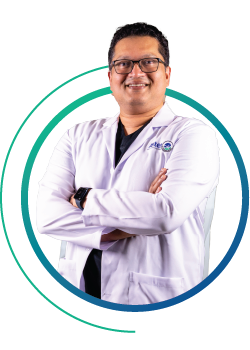
Dr. Ashik Sainu Mohiyadeen
Senior Consultant- Gastroenterologist Hepatologist & Therapeutic Endoscopist Group Medical Director
